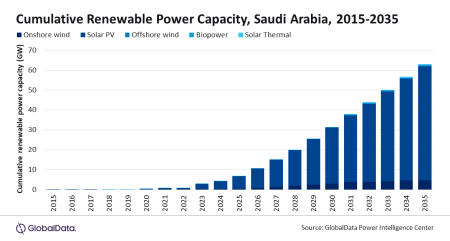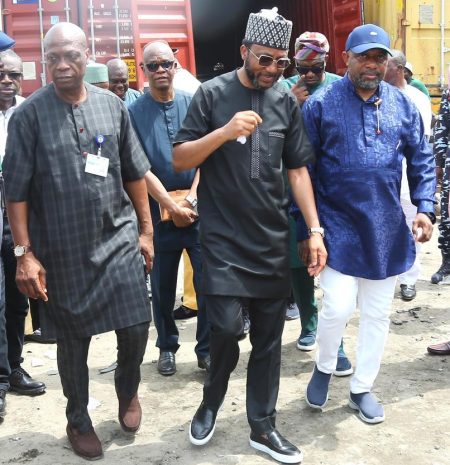
Oscarline Onwuemenyi
26 August 2016, Sweetcrude, Abuja – The Acting Executive Secretary of the Nigerian Investment Promotion Council (NIPC), Hajiya Ladi Katagum has said poor power supply and other infrastructural challenges may disrupt efforts by the Federal government to diversifying the economy from oil.
Katagum, who stated this in an interview with journalists in Abuja, regretted that the infrastructural challenges faced in the country has blunted the country’s investment appeal to investors.
She said, “We have looked at all the indices for investment and Nigeria is lagging behind in most of them. First and foremost is the power supply challenge. You find some manufacturers devoting 40 per cent of their cost of production to power.
“So, before you even start producing, you have spent 40 per cent of your budget on power. The infrastructure is not there. The skills are not there. Everything for promoting a place as an investment destination is not there.
She added that another major headache for businesses in the country is the issue of foreign exchange. “That is the single major impediment to doing business in Nigeria now. Most of them take loans and they borrow in dollars. If you borrowed one dollar at N150, now you are repaying at N350. With that, whatever you have done has totally gone. The other issue is infrastructure, particularly power. If power could be gotten right, 50 per cent of the problems are solved.”
She noted that the Council has re-focused its goals towards specific non-oil sectors that government is interested in.
She said, “We have priority sectors like agriculture being number one, power, infrastructure and solid minerals. I have visited the solid minerals and water resources ministries and I’m visiting power and agriculture. We discuss with them the projects that they have. They give it to us to promote it. Some of them have projects that have been there for a long time with nobody to buy into it. We repackage and promote them to investors.”
Katagum noted that, “Earlier this year, the Organisation of Islamic Countries (OIC) had a forum for investment promotion agencies within the OIC and we were invited. The main aim was to see how investment could be promoted among members. They, more than any one, are feeling the impact of the fall in oil prices.
“They are looking for where to invest. For the first time, Saudi is charging for visas. One of the biggest investments in Nigeria recently came from Oriental Foods, and the company is from the Middle East. It is one of the biggest food manufacturing companies in Nigeria located at Ibadan.
She explained that the NIPC has attracted some big investments from different parts of the world, noting that the single biggest investment in Nigeria came from the United States.
“The American Tower invested more than a billion dollars and they are going to invest another billion over the coming years in the telecommunications sector. And all the money they made, they did not take anything out. They reinvested it in Nigeria. They are not portfolio investors. They are reinvesting. They are here for a long time. They are not going anywhere. So, that has been the single largest investment in Nigeria in the past ten years.”
The NIPC boss remarked that the presidential committee on ease of doing business is domiciled in the NIPC. “The government is concerned with ease of doing business and a lot of reforms are ongoing that the public is not aware. So, even the Corporate Affairs Commission has simplified the process of registration whereby you can register a business in two hours online.
“You don’t deal with lawyers anymore. The only issue they have is that they are trying to upgrade their servers to cope with the load. The CAC has done a lot to streamline. Even previously, if you come to the NIPC, you can register a company in 24 hours. But even with this, you don’t need to come to the NIPC to register a company. So, they have really gone far in doing the reforms.”
She added that the World Bank sends out these questionnaires every year to business people. “We noticed that the questionnaires are sent to the same people every year. We contested some of the findings. I don’t think it takes you six months to incorporate a company in Nigeria. I don’t even think it takes you one week.
“But that is what is still being reported. We realised that maybe the questionnaires don’t even get to the people who would actually be able to give them the real picture of what is happening in Nigeria. The World Bank brought us on to widen the responses.”



